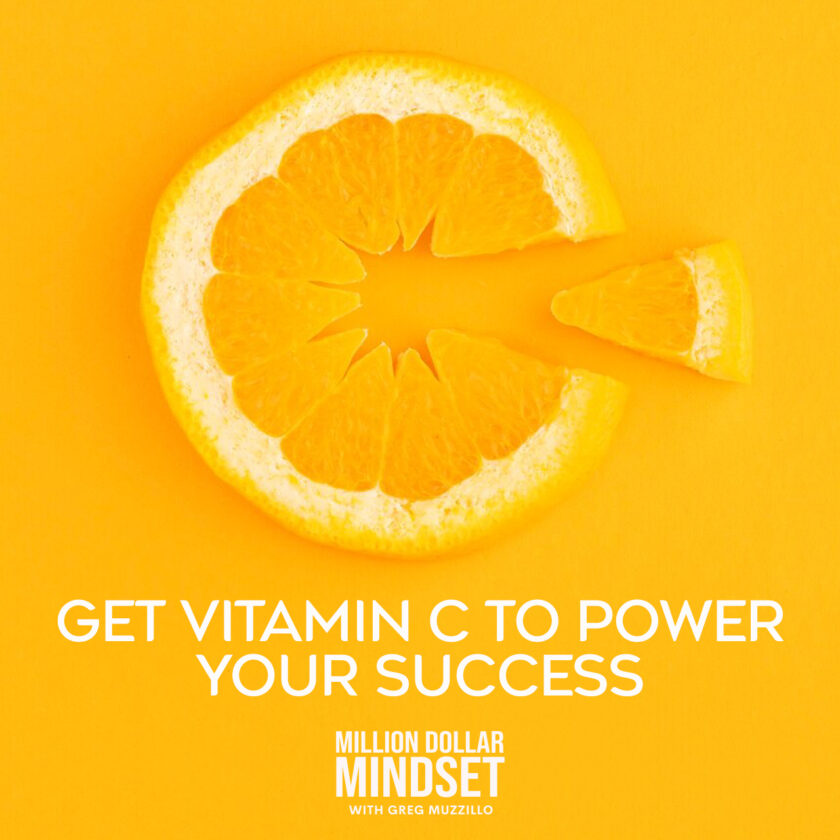 A trip down the beverage aisle of any grocery store is like diving straight into a rainbow of endless choices. There are more beverage brands out there than it’s possible to count, and in an industry as colorful and diverse as this one, it’s difficult to stand out. That’s where promotional products come in, of course. They’re a key factor in making consumers aware of brands. They form a lasting image in consumers’ heads, and that leads to cash flow. And when it comes time to count the profits, companies hope that at the end of that rainbow of beverage brands, there is a pot of gold.
A trip down the beverage aisle of any grocery store is like diving straight into a rainbow of endless choices. There are more beverage brands out there than it’s possible to count, and in an industry as colorful and diverse as this one, it’s difficult to stand out. That’s where promotional products come in, of course. They’re a key factor in making consumers aware of brands. They form a lasting image in consumers’ heads, and that leads to cash flow. And when it comes time to count the profits, companies hope that at the end of that rainbow of beverage brands, there is a pot of gold.
But if you’re a promotional products distributor, where do you begin in this giant industry? The beverage industry is one of the most diverse and competitive consumer goods markets in the world. Worldwide beverage sales are estimated to reach $1.9 trillion by 2021, according to market research firm Lucintel. With a market share that size, everyone is trying to get a step up, and what better way than by using promotional products?
They’re a great option for small beverage brands that want to spread their message with fun giveaways. And they work just as well for massive companies like Coca-Cola, which already has all the brand awareness it could ever ask for. Large brands have the authority to do out-of-the-box promotions like selfie bottles. No, seriously. Last year, Coca-Cola Israel actually created a soda bottle that takes a selfie while you drink.
Clearly there’s room for creativity when working with beverage brands, but it can still pay to be cautious as well. Distributors need to be especially mindful of brand identity and should think about how their products will be used when working with beverage companies. So, which strategy is the best one? Which promotions pack the biggest punch in the beverage market? We asked Jeff Lee, vice president of STOPNGO Line, Industry, Calif., to share his advice on becoming a reliable promotional partner for a beverage brand.
Promo Marketing: What makes beverage brands different or unique from most other vertical markets?
Jeff Lee: Beverages is an extremely competitive industry when compared to others. Consumers have more choices than ever when they’re at the point of purchase making a decision. The industry itself is very fast moving, with competitors constantly coming in or being acquired by others. It is an industry that is able to be influenced
tremendously with marketing material and [point-of-sale] signage.
PM: What can suppliers do to help distributors craft a beverage brand promotion?
JL: Understand the market. Know what appeals to consumers. If a distributor is trying to craft a promotion to encourage a [point-of-sale] purchase, then a promotion would probably need to be more heavy on signage and point-of-sale material. If the task is to increase brand awareness, then promotional products would probably be the better bet.
PM: How can distributors show that they are the right choice for a beverage brand in need of good promotions?
JL: I think a distributor these days not only needs to pitch themselves as a promotion company, but also as a consulting company. They need to engage and provide ideas beyond the products themselves. For example, giving good visualizations of how the promotional products can impact the consumer is a great start.
PM: How can a distributor help a small or mid-size beverage brand stand out in a highly competitive industry?
JL: Small [and] mid-size beverage [companies] typically also are appealing towards a small [and] mid-size niche market. Look to focus branding and promotion towards those niche markets.
PM: Beverage sellers can come in many different forms. Some may specialize in a certain drink; others may manage a chain of cafés or breweries. How might a promotional strategy differ for something like a soft drink manufacturer, compared to a coffeemaker, brewery or winery?
JL: Understanding the markets and the consumers themselves changes strategies dramatically. For example, a promotional strategy for a coffee maker would include something along the lines of perhaps a glass French press or coffee tumbler, whereas, compared to a brewery, [there] would be something more geared along the lines of pint glasses or paddle bottle openers.
PM: What product would surprise someone to find out is an effective beverage promotion?
JL: Drinkware! Everyone loves a tumbler or a mug, regardless of the industry.
PM: Can you give any examples of products from your company ending up in a successful branding campaign for a beverage seller?
JL: We work with many beverage distribution companies through our distributors. Many of the programs that are successful come about from “buy one get [blank] free” campaigns. For example, with breweries, for every keg a restaurant purchases, they provide free [point-of-sale] swag such as openers, coasters, glassware and signage. The restaurant then can either use it for themselves, or pass them down to consumers as well, and really have the brand engage the final consumer.



